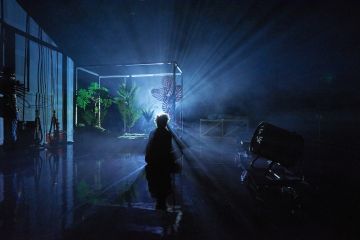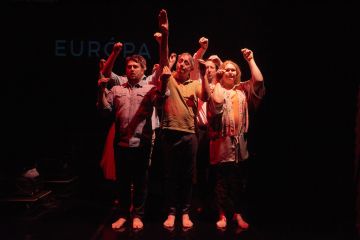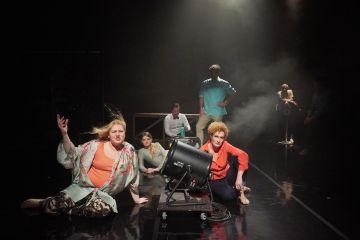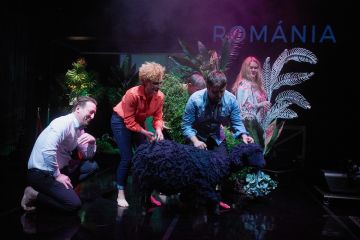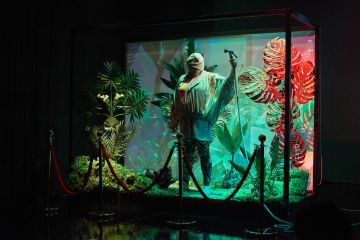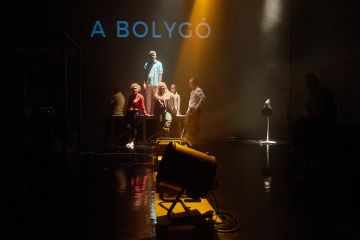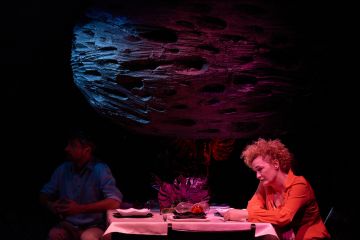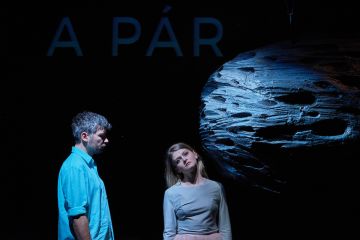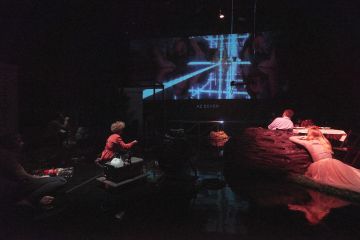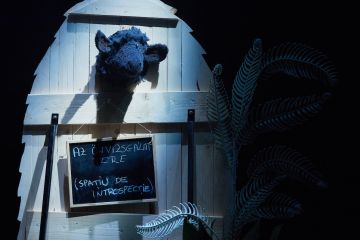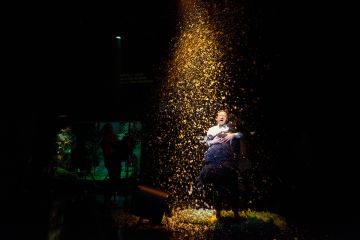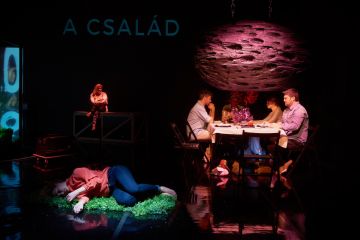(In)visible
Studio
RO

EN

16+

Áron Dimény
Loránd Farkas
Eszter Román
Emőke Kató
Csilla Varga
Gábor Viola
directed by
Leta Popescu
Mihai Păcurar
Ferenc Sinkó
Magor Bocsárdi
Enikő Albert
Vlad Moldovan
The topic of the production is vulnerability, in an age when it seems the only certainty is uncertainty – not only in the world, generally speaking, but also for the individual as such. The performance goes through the seven stages of fragility (Planet - Earth - Country - City - Family - Couple - Individual), thereby becoming a kind of journey in the world of feelings, starting from loneliness, and ending with solitude. Within the performance of (In)visible, the images associated with a collage of texts written by Romanian and Hungarian contemporary authors form a continuous series, not unlike a visual installation. It is up to the viewer to curiously follow this process of reflection about himself, the individual, living in the world, as well as the world that surrounds him.
There are two principles I'm trying to take into account in constructing a production: what are the things that I celebrate and what it is that I am fighting against? In (In)visible, I am interested in fighting the very aggressiveness of current certainties and celebrate their vulnerability. It seems to me that the world is becoming increasingly determined and ready to adopt particular positions. But I wonder, is this not the result of a type of generalized fragility? Our intention is to induce sensations and not to express theories. I (still) strongly believe that the theatre can truly sound the alarm as well as being a refuge from it all. And I also believe that under the social masks worn in different contexts in which we are coerced to have an opinion, a clear standpoint, to be for or against something, I still believe, that behind all of these, the same fragile thing lies: the desire to be well, to reach peace within.
Leta Popescu










